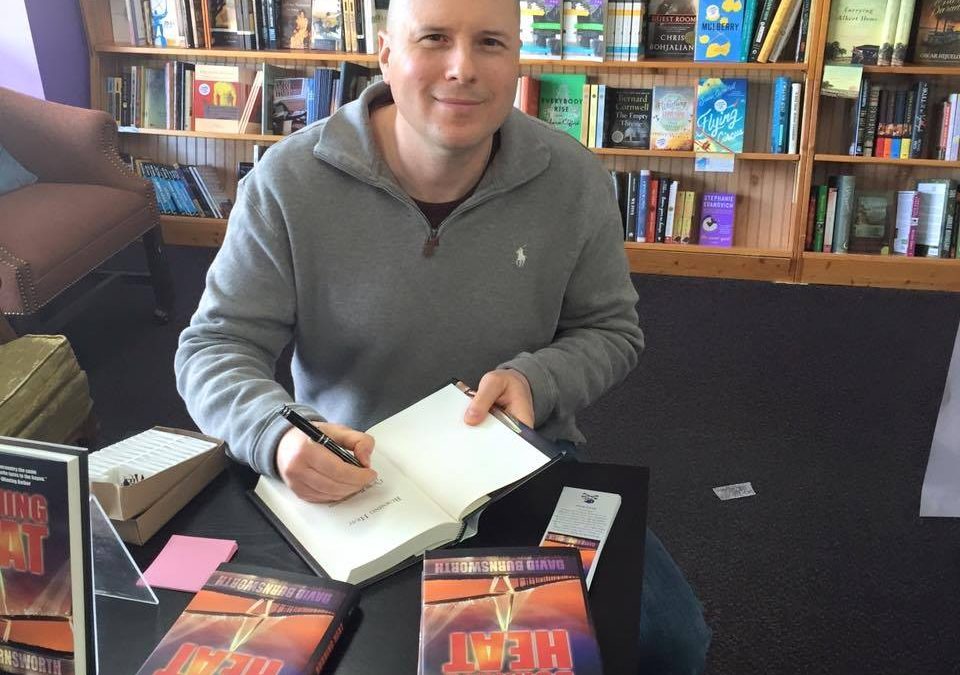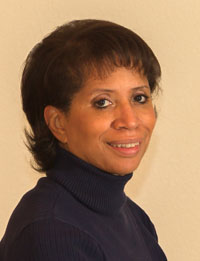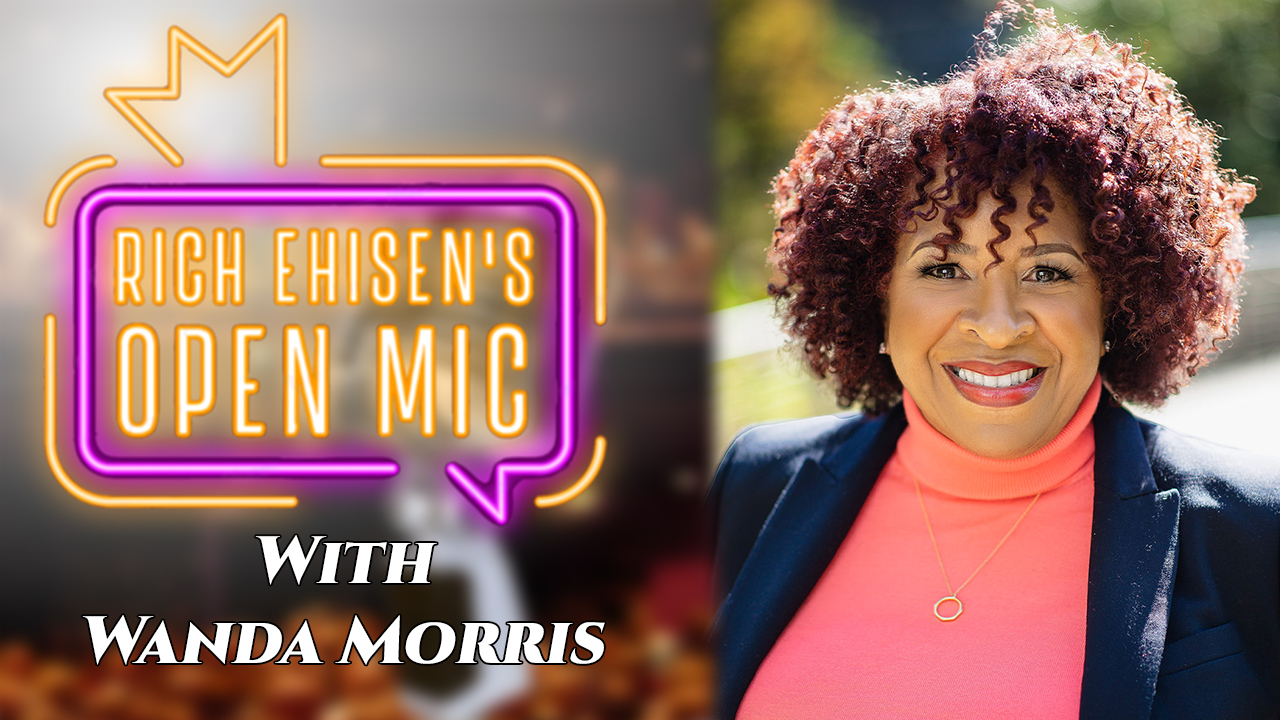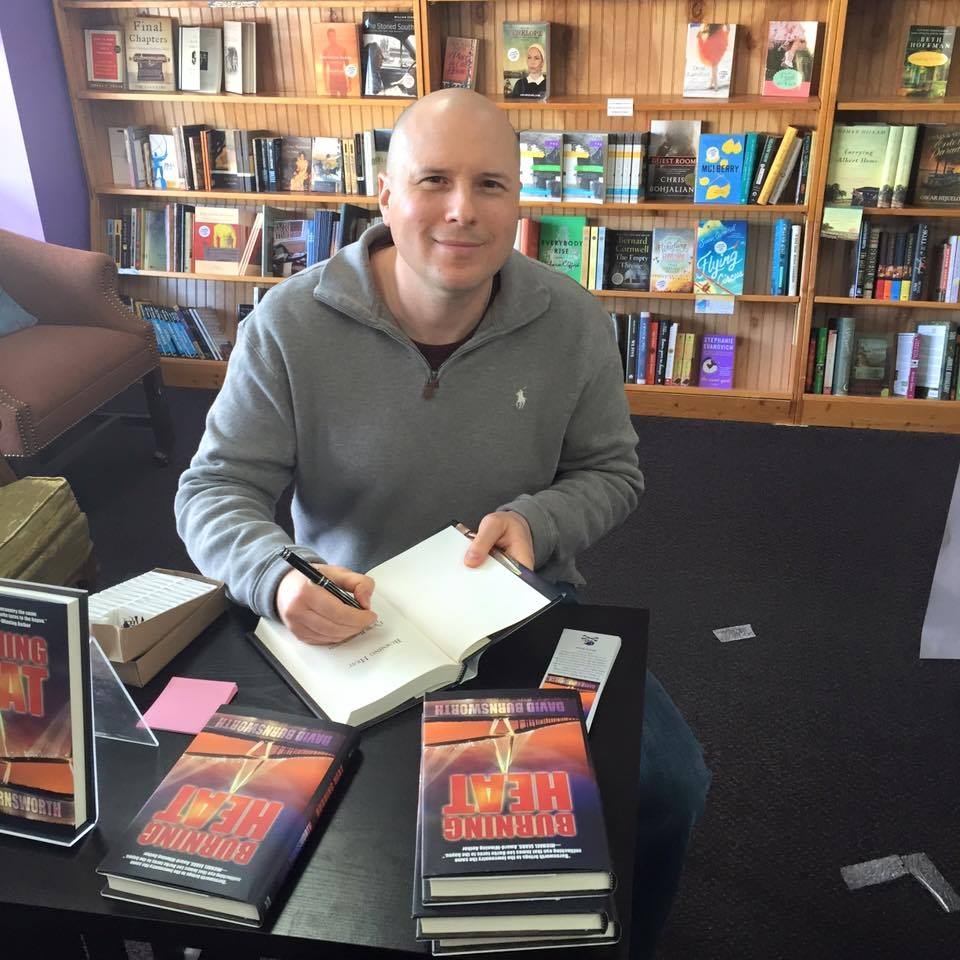
Burning Heat Author David Burnsworth
At first blush, author and family man David Burnsworth – a mechanical engineer by trade – might not seem like the kind of guy to take readers into the seedy Charleston, South Carolina neighborhoods and strip bars no Fodor’s guidebook would ever send them. But make no mistake: Burnsworth can spin a raw, gritty tale with the best of them. He is the author of two novels – Southern Heat and Burning Heat – starring Brack Pelton, an ex-race car driver and Afghanistan War veteran who never fails to get himself into big trouble that only his wits, pretty women and the occasional bit of gunplay can get him out of. My kind of book! I spoke with David recently about his career, inspirations and writing must-haves.
RE: You are a mechanical engineer by trade with over a decade in the corporate world. How did you come to write such hard boiled crime fiction?
Burnsworth: I like numbers and I like solving problems. To me the plot is all about solving the problem, i.e, the murder or kidnapping or missing diamond or whatever. I also spent a lot of time in bars back in the day and liked the grittier side of things. At the time, smoking hadn’t been banned yet and things seemed less sterile. Of course, not all of it was great; I wear contacts and my eyes would be burning by last call.
RE: Character development is a huge challenge for most writers. Your characters in Burning Heat and Southern Heat are really genuine and interesting. Brack Pelton in particular is a guy I think most readers would love to know in real life. What is your character development process like?
Burnsworth: Brack took some time. I spent six years writing before Southern Heat, the first book, became a reality. In that time, my protagonist had different forms: an ex-CIA operative and a classic P.I. in the style of Mike Hammer. Someone in my writing critique group suggested that my first attempts were clichés and I needed to come up with something original. They were right and Brack was “born.”
RE: Did you always intend for this to be an evolving series?
Burnsworth: I was so concerned with getting the first book published that I didn’t think too much about the next. And then after six years and I have a contract, the need to think bigger picture had me wanting another book. I like spending time with Brack and the other characters and felt they lend themselves well to a series. Burning Heat, the second book, formed and it led to a third manuscript which I’ve just completed.
RE: What other adventures might we see Pelton involved in? Have you planned it out that far?
Burnsworth: Without giving too much away, Burning Heat ends with somewhat of a transition for the cast of characters. I did that because I knew partway through the second book where I wanted to take them for the third. I try to write the books so that readers don’t have to read them in sequence. But if they do, they will see the transition and hopefully will want to see what happens in the next book.
RE: Who were your literary inspirations? I’ve seen your work compared to James Lee Burke, which is one heck of a compliment. Was he one? Who were some others? 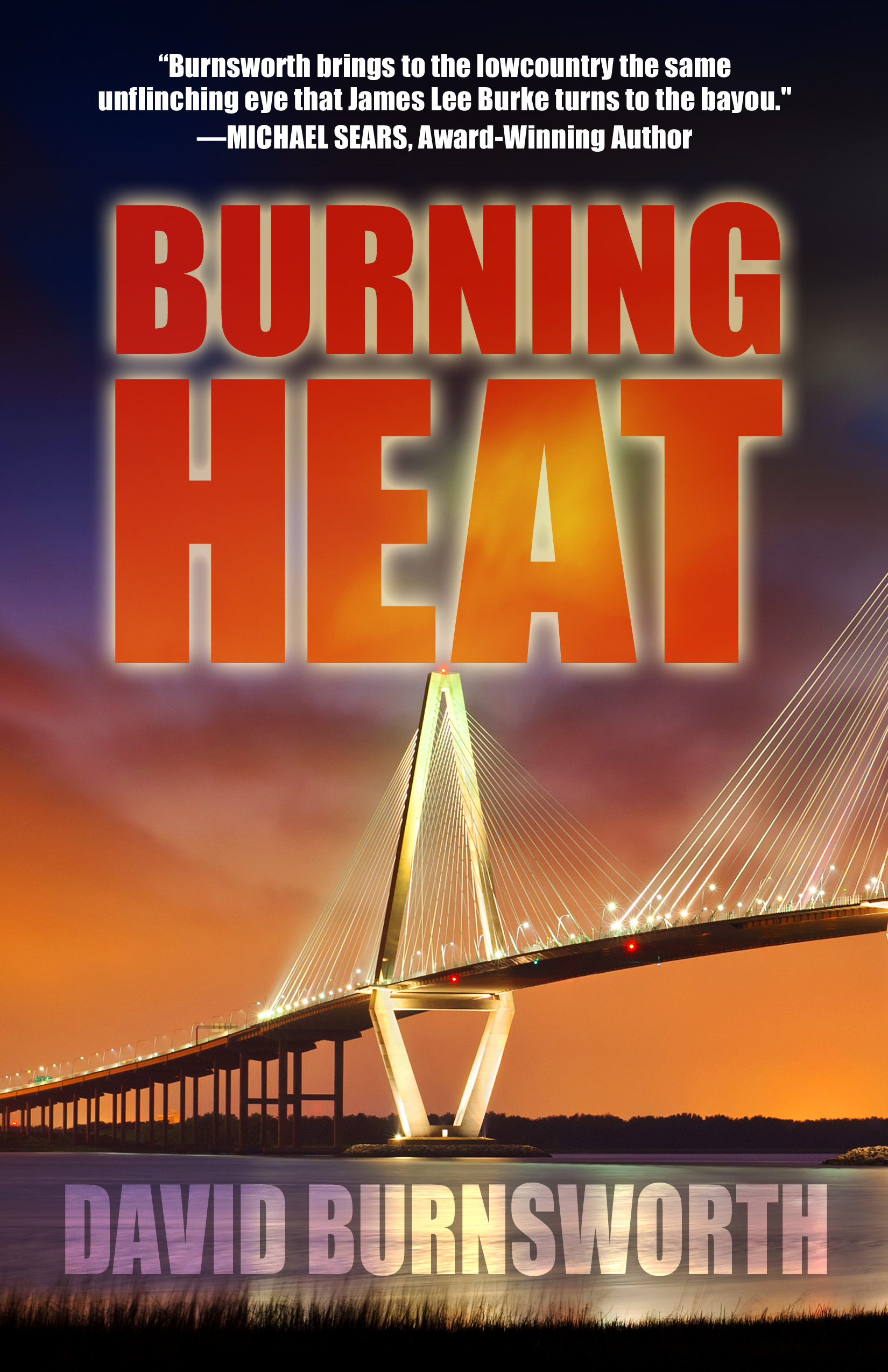
Burnsworth: My mother introduced me to James Lee Burke, Elmore Leonard, Robert B. Parker, Mickey Spillane, Walter Mosley, Robert Crais, and John Sanford. Lee Child was a suggestion from a fellow writer. I also enjoy Hank Phillippi Ryan, Susan Boyer, John Grisham and Michael Connelly.
RE: Every writer’s process is a bit different. What is yours like? Do you have a particular time of the day/evening that is best for you? Is there anything you just have to have to be able to get into the zone – coffee, a certain kind of music, etc.?
Burnsworth: Because I still work a full-time job, I write when I can. My wife is an early bird and leaves the house by six every day. That gives me about forty-five minutes to an hour every morning to write. I also have about that much time in the evenings. And then I spend a few hours on Saturday and Sunday as well. This doesn’t happen all the time, but when I am working against a deadline, I take all the time I can. As far as music is concerned, I am a huge eighties fan. Also, I live in the south and therefore took a liking to modern country. When I was at the University of Tennessee, my friends and I would hit all the jazz bars in town. At one time there was something like six or seven different venues. To get into the writing zone, I don’t need much except my laptop and some time.
RE: Rejection and criticism are such huge parts of doing anything creative. How you handle those aspects of the business?
Burnsworth: I’ve had to learn to handle both. Southern Heat was rejected twenty-four times. It wasn’t easy. Especially for the few times when a partial manuscript was requested and then rejected afterwards. I just forced myself to keep going.
RE: Both your books have received really solid reviews. What was it like for you the first time you ever read one of your reviews? Do you pay a lot of attention to them?
Burnsworth: I’d be lying if I said I didn’t read them with anticipation. It really helps when an organization such as the Library Journal likes my work.
RE: My wife is my number one editor and most trusted source of feedback. That’s great but it can at times make for some tension around the dinner table. How about for you? You’ve said your wife was a great inspiration to get you to write in the first place, but does she also read and critique your work? If so, how is that for you?
Burnsworth: My wife is a project manager by profession—a really good one. She understands big picture thinking and how the details can derail things quickly. Her help comes in the form of prodding to keep my writing career moving forward. But she doesn’t read the books until they are in print. I do my due diligence with beta readers and a personal editor. I’ve found it makes things easier when the critique is from someone I am not emotionally involved with.
RE: Most writers are of course well equipped to handle the writing, but the business of writing is vastly different animal. What has been the most surprising thing for you about the literary business?
Burnsworth: I guess what I had to learn quickly is that it is a business. The publishing houses are there to make a profit which isn’t the same thing as supporting the arts. I’ve heard some people make derogatory comments about successful authors because the perception sometimes is that they hog all the money. The reality as I see it is that they make a lot of the money. Their brand is something people want to buy. So while I enjoy writing what I like to write, I also have to be focused on my brand and promotion. If people don’t buy my books, I will not succeed financially as a published author.
RE: What advice would you have for new writers?
Burnsworth: Write the best books you can and decide if writing is going to be a hobby or a future career path. If it is a hobby, just enjoy it. If it is going to be a career path, learn how to build your brand and promote. Agents and publicists are very helpful and I am fortunate to have really good ones. Without them, I would be lost.

